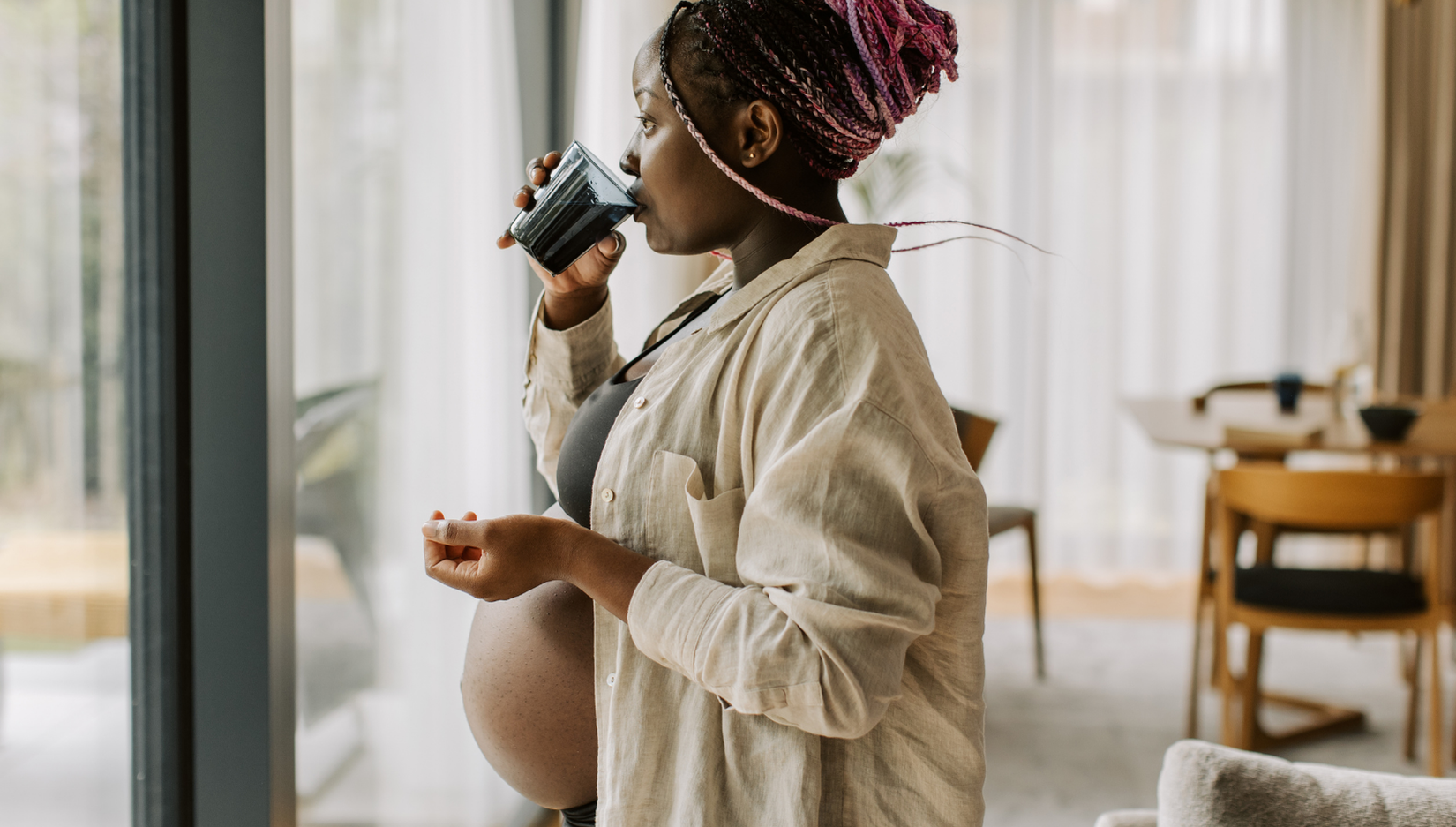Vaccines for Children: The Best Protection Against Serious Illnesses
As a parent or caregiver, you make important decisions that affect your children every day, including vaccinations. Vaccines can save your child’s life and the lives of others in your community. Make sure your children are up to date. Talk to their doctor about which vaccines are recommended based on age and other factors.
Vermont’s childhood immunization schedule is compatible with the current recommendations of the American Academy of Pediatrics (AAP).
It's OK to have questions about vaccines.
Many people may have questions and concerns about vaccines. Asking questions helps you make the best choices for yourself and your family. Your doctor or pharmacist can provider answers and help you decide which vaccines are right for you.



